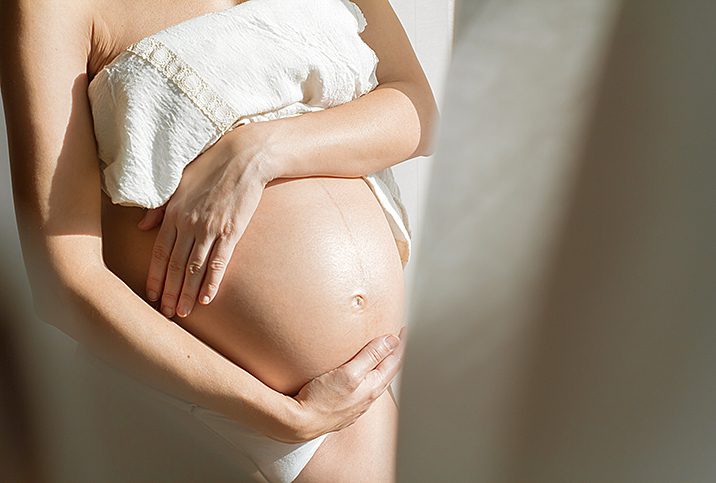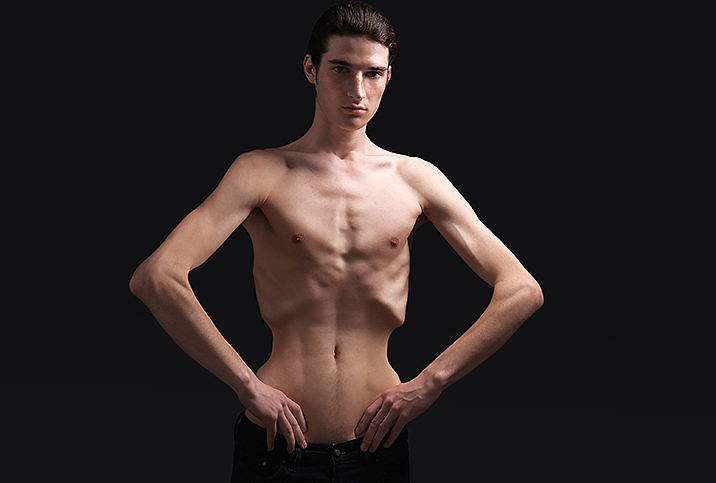The Risks of Having an Eating Disorder While Pregnant

The term pregorexia (more colloquial than medical) refers to eating disorders that persist through pregnancy. Even women who have no history of an eating disorder can become triggered by pregnancy weight gain and, as a result, suffer from pregorexia.
For women in remission from an eating disorder, or those who are actively struggling with one at the time of conception, pregnancy can be an unpredictable time. It may reinforce recovery and healthy eating habits for some women, while it can exacerbate disordered eating for others.
Anorexia and bulimia can show up during pregnancy with signs such as:
- Binging and/or purging
- Eliminating certain food groups
- Lying about eating habits or concealing weight changes
- Overexercising
- Retreating from friends and family
- Skipping meals
Binge eating disorder (without purging) can lead to excessive weight gain during pregnancy and place moms-to-be at risk for high blood pressure and gestational diabetes. Pregnant women with other eating disorders could be at higher risk of fatigue, malnutrition, low bone density, miscarriage and postpartum depression.
An obsessive focus on ‘clean’ eating
Another lesser known eating disorder, orthorexia, can be difficult to distinguish in pregnancy. Experts loosely define orthorexia as an unhealthy obsession with “clean” or healthy eating. Focusing on nutrition and food safety during pregnancy is beneficial, but when this focus spirals into a compulsion, there could be cause for concern.
Pregnant women with orthorexia may check food labels incessantly, become distressed when their safe foods aren’t available, and show excessive interest in food and fitness blogs or others’ eating habits. If orthorexia leads a pregnant woman to impose severe food restrictions, the developing baby may miss out on nutrients vital for growth and development.
Left untreated, eating disorders during pregnancy can pose a significant risk to a developing fetus and potentially cause lasting health effects.
Babies born to malnourished mothers are more likely to have severe congenital mental and physical disabilities. They may be born prematurely and have respiratory issues or be dangerously small for their gestational age.
The use of laxatives, diuretics or stimulant diet pills can place a developing fetus in immediate danger.
Conflicting emotions
An expected and necessary aspect of pregnancy is weight gain. For women with eating disorders, this natural process can be overwhelming.
The emotions experienced by an expectant mother who has an eating disorder during pregnancy can be complicated. While they may feel joyful and excited to welcome a new baby into the world, they may still struggle with accepting the physical changes that accompany pregnancy.
These conflicts may leave expectant mothers with feelings of guilt or selfishness that prevent them from reaching out for support.
Getting help
Disordered eating habits during pregnancy can lead to shame and drive women to isolate themselves from friends and family members. Conflicts can arise when well-intentioned loved ones become concerned, frustrated or angry about the mother-to-be’s restrictive eating habits. This added tension may exacerbate the problem at a time when more support is what’s needed.
If you’re pregnant and struggling with an eating disorder, be sure to lean on your support system and seek professional help. The first step is always the most difficult, but it will be the best step you can take for the health of you and your baby.

















